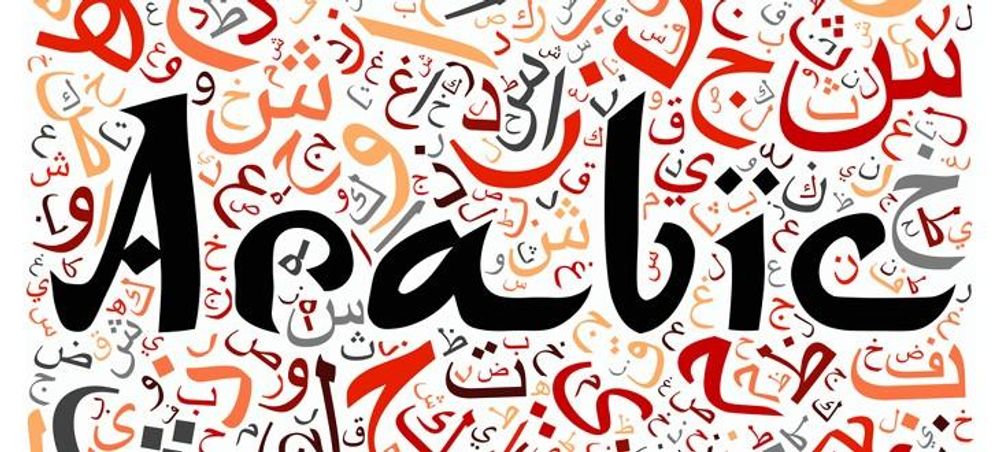your observation is silly-----muslims KNOW what they MEAN when they speak arabic and refer to aIslam means "submission or obedience" in English, and a Muslim is more or less a "subject" if I recall correctly.
People who in some way consider themselves or others to be in submission to God's law — how else are you going to say that in a language like Arabic?
Not all those people agree on who's a Muslim and who's not. Why do you think they fight so much with each other if not with outsiders?
person as MUSLIMI -----it ain't YAHUD. For the record -----both hebrew and arabic is built on "ROOT WORDS" ----generally for hebrew---three letters.
As I understand it---the word MUSLIM is built on
the three letter root that refers to "completeness"
or "resolution" ----S L M In hebrew the root is
Sh L M (SH is one letter) The fact that muslims built a word to refer to their RELIGION IS an S L M
word is a moot point. When you hear the word
MUSLIMI in arabic-----it means a MUSLIM like
one of the Ayatoilets. When you hear the word
YAHUD-----expect ITBACH which means something like DEATH TO


